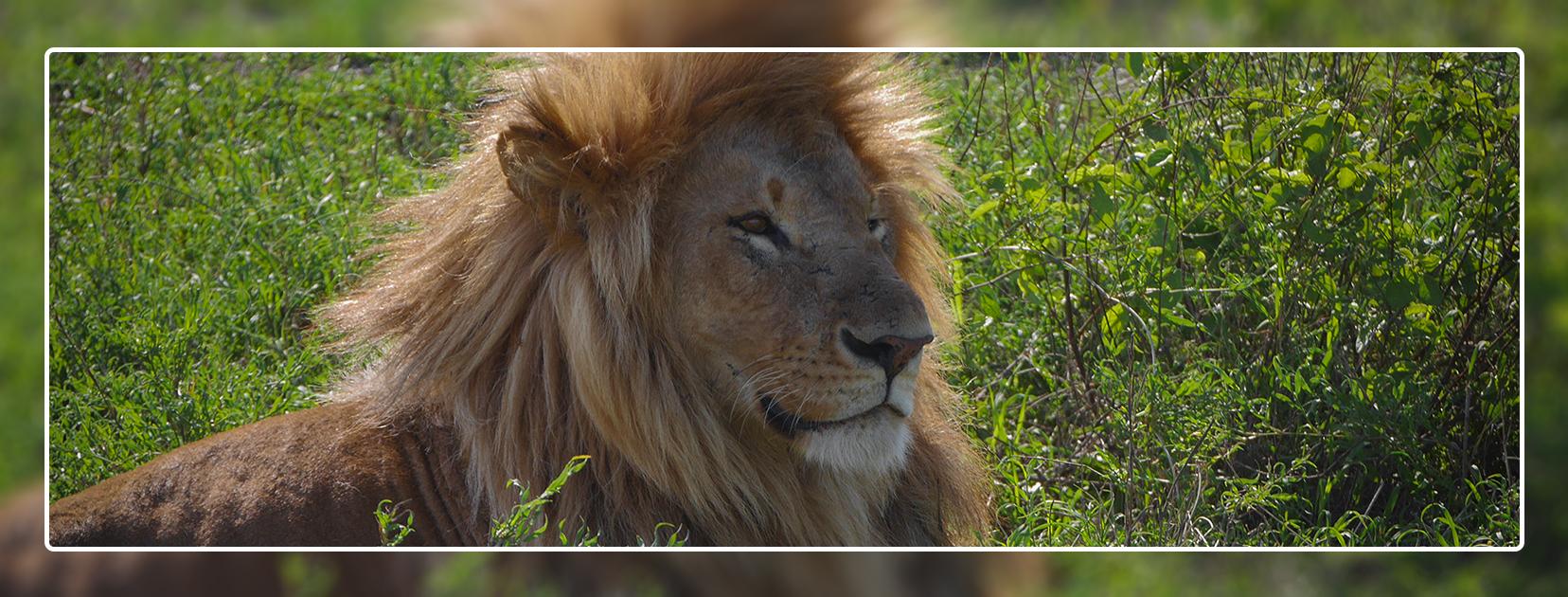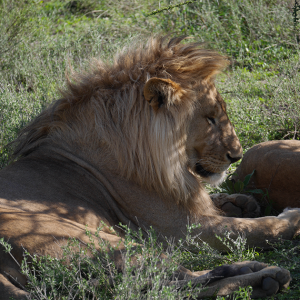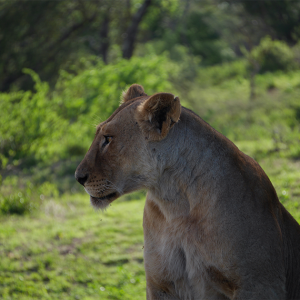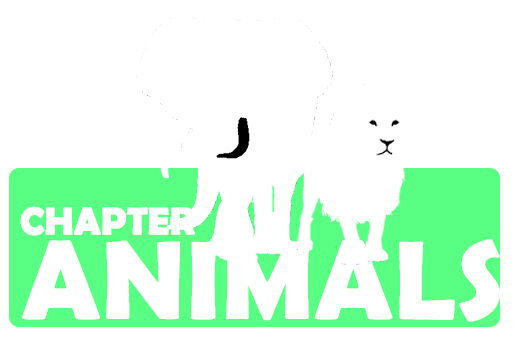
BECAUSE EACH ANIMAL COUNTS...
The main objective of our association is to help animals. Between 2017 and 2019, Chapter Animals came to the aid of many pets. Today, they live in safe homes. But for wild or non-domestic animals, their placement is often more difficult.
This is why we have launched initiatives to find land and finance the construction of a sanctuary in France. We would like to create a place for big cats from captivity or illegal traffic, like lions and panthers. This place could be built in the south of France, so that the big cats can benefit from a relatively hot climate. Which would be reminiscent of their African origins. Our sanctuary could be a place of transition, in order to make new departures towards structures in South Africa like those of the lions of the Tonga association.
It would also be wise to call upon former trainers-capacitaries, having definitely hung up the whips to the closet. From an objective point of view, they know the animal perfectly. This would allow a conversion to animal welfare, without the need to continue to make them work. This method is not new and has already proven itself. In India, for example, former bear trainers now look after a sanctuary and everything works very well. The same goes for elephants. It would also allow us to gain the confidence of the circus community, and to be able to start real exchanges and initiate a possible transition.


Here, there is no question of "stealing" animals, as we often hear the defenders of animal captivity claim. Besides, a sanctuary is also a place of captivity. The difference is that the animals live in semi-freedom, not in pens that are much too small for them or in sordid cage trucks. There is no question of taking the animal and leaving it to fend for itself in its new enclosure. A whole process will be put in place for the specific needs of each individual. Just because they are two lions doesn't mean they have the same needs. The teams will be responsible for acclimatizing the animal to its new environment. They will also be there to help them socialize with other fellows and take care of them (feeding, care, observations). Some will be young, others at the end of their life, which is why everyone's needs will be the priority of our teams.
We would also like our sanctuary to collect primates. Those in captivity and trafficking, always, but also those in the laboratory. French scientists may not know it, but they don't have to euthanize the animals they use. It is much more expensive for them than selling them to associations. Around the world, there is a huge lack of structure to accommodate laboratory primates and it is important that this change.
Within our sanctuary, there is no question of loan, exchange, sale or rental of animals. In no case can animals be used for any activity. The goal is to let the animal end its life, without it being used for entertainment or whim. Of course, they will be followed by the volunteers of the sanctuary, as well as by the captain and the veterinarian in charge of the animal. Many alternatives will also be offered to help the animals in the shelter. We will get back to you in due course. The animals will also benefit from proper care and food specific to each individual.
We would also like to continue to be active on the African continent, and more mainly on the archipelago of São Tomé & Principe. These islands are a real paradise on Earth for flora and fauna where captivity and traffic hardly exist. No lions, hyenas or hippos, but quieter wildlife populates the island. This would allow the local population to learn more about the animals and also to make them work.
In order to know if a captive animal is eligible to be able to insert a sanctuary, several elements must be taken into account :
- Can the animal's living conditions be improved if care is taken?
- Is the owner ready to give up the animal? If yes, under what conditions? Does the owner agree not to replace the animal?
- If not, have the authorities planned a seizure? Could a campaign (press, social networks) help the placement of the animal?
- Is a sanctuary available? If yes which ? Are the funds available to finance the future land of the animal? Does the sanctuary have the capacity to receive the animal? If yes, on what capacity?
- Does the animal have the consent of a veterinarian to travel or can it be treated to be fit for travel? How many hours can the animal travel and under what conditions?
- In the event of departure abroad: have the authorities accepted the export? Are the papers in order? Is it logistically feasible and for the welfare of the animal?
- Are funds available for transportation, food and animal care? For how long ? Can we finance them through donation campaigns or through a sponsorship system? Can an association / foundation cover the costs of the animal for life?
KEEP IN TOUCH
You want to be continuously informed of our actions, our fights, the progress of our association and know how you can help us make things happen. So subscribe to the Chapter Animals newsletter. We're counting on your support !

Important pages:
Contact | Who are we ? | Fundraising |
Rapports : Captivity | Circuses | Zoos | Dolphinariums | Captive Wildlife | Divertissement | Trafic and Pet | Sanctuary Chapter Animals
Website: e-monsite. Layout by Julien.
© 2020 - Chapter Animals.



